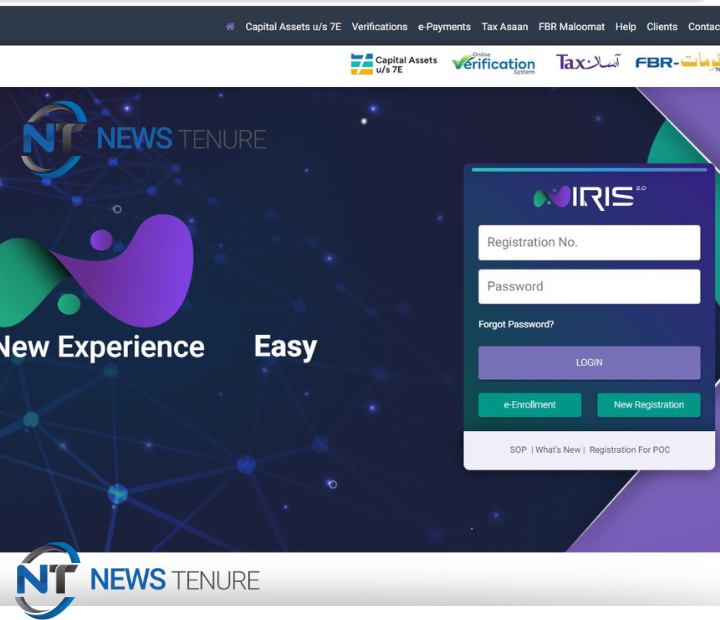Freelancer is better than labour for both individuals and businesses, in the rapidly changing landscape of work, traditional labour models are being challenged by innovative alternatives that provide individuals with greater flexibility and autonomy. One such alternative is freelancing, a dynamic and rapidly growing sector that offers numerous advantages over traditional employment. In this article, we will explore the reasons why freelancing is better than labour for both individuals and businesses.
Flexibility and Independence
Freelancing offers unparalleled flexibility and independence to professionals. Freelancers have the freedom to choose when, where, and how they work. They can set their own schedules, select projects that align with their skills and interests, and work from the comfort of their own homes or any location of their choosing. This level of freedom allows individuals to achieve a better work-life balance, pursue personal passions, and cater to individual preferences and circumstances.
Diverse Skill Set and Expertise
Freelancers often possess a diverse skill set acquired through working on multiple projects across various industries. Their experience equips them with a breadth of knowledge and expertise, making them adaptable and versatile problem solvers. Businesses benefit from this diverse pool of talent by gaining access to highly skilled professionals who can offer fresh perspectives and innovative solutions.
Cost-Effectiveness for Businesses
Hiring freelancers can be a cost-effective solution for businesses. Unlike traditional employees, freelancers are not entitled to benefits such as healthcare, paid time off, or retirement plans. Businesses can save on overhead costs associated with physical office space and equipment, as freelancers typically provide their own tools and work remotely. Furthermore, hiring freelancers on a project basis allows businesses to scale their workforce according to their needs, avoiding long-term financial commitments.
Increased Productivity and Efficiency
Freelancers often excel in productivity due to their self-motivation and focus on results. With the absence of traditional office distractions and politics, freelancers can dedicate their undivided attention to the task at hand. Additionally, the flexibility of freelancing enables professionals to work during their most productive hours, resulting in higher-quality work delivered within shorter timeframes.
Global Talent Pool
Thanks to technological advancements and online platforms, businesses now have access to a global talent pool of freelancers. This international network of professionals allows companies to tap into diverse perspectives, cultural understanding, and specialized skills that may not be readily available locally. Employing freelancers from around the world enables businesses to expand their horizons and gain a competitive edge in the global marketplace.
Continuous Learning and Growth
Freelancers are self-driven learners who constantly seek new challenges and opportunities for growth. They are motivated to stay up-to-date with industry trends, adopt new technologies, and refine their skills to remain competitive. This mindset benefits both freelancers and businesses, as it ensures a continuous cycle of learning, improvement, and innovation.
Work-Life Balance: Freelancing allows individuals to have more control over their work-life balance. They can choose when to work, which projects to take on, and how much time to allocate to personal endeavors. This flexibility enables individuals to prioritize their personal lives, spend time with family, pursue hobbies, and maintain overall well-being.
Enhanced Creativity: Freelancers often thrive in environments that foster creativity and innovation. Without the constraints of a rigid corporate structure, freelancers can explore new ideas, experiment with different approaches, and bring fresh perspectives to their work. This creative freedom can lead to more imaginative and groundbreaking solutions for clients and employers.
Networking Opportunities: Freelancer hsd the opportunity to work with a diverse range of clients, industries, and professionals. This exposure opens doors to networking and collaboration, allowing freelancer to build valuable connections and expand their professional network. These connections can lead to new opportunities, referrals, and partnerships that further enhance their career prospects.
Personal and Professional Development:
Freelancing provides individuals with the opportunity to develop a wide range of skills beyond their core expertise. As freelancer often manage their own businesses, they gain valuable experience in client management, marketing, finance, and project management. This well-rounded skill set not only enhances their marketability but also equips them with valuable entrepreneurial skills.
Autonomy and Decision-Making
Freelancers have complete control over their professional decisions. They can choose which clients to work with, negotiate rates, and define the scope of their projects. This level of autonomy empowers individuals to align their work with their values and interests, ensuring a higher level of job satisfaction.
Rapid Adaptability: The freelancer industry is known for its agility and adaptability. Freelancers are accustomed to working on different projects with varying requirements, deadlines, and teams. This experience makes them adept at quickly adapting to new environments, technologies, and work processes. In an ever-changing business landscape, this adaptability is a valuable asset.
Personal Branding: Freelancers have the opportunity to build their personal brand and reputation. By consistently delivering high-quality work and providing exceptional service, freelancers can establish themselves as experts in their field. A strong personal brand can lead to a steady stream of clients, increased demand for their services, and the ability to command higher rates.
Geographical Independence: Freelancing eliminates geographical barriers. Professionals can work with clients and businesses from around the world, breaking free from the limitations of a local job market. This allows individuals to overcome geographical constraints, explore global opportunities, and experience diverse cultures and work environments.
Conclusion
Freelancing offers a transformative alternative to traditional labour models, providing individuals with increased flexibility, independence, and diverse opportunities. For businesses, embracing freelancers allows for cost-effectiveness, access to a global talent pool, and heightened productivity. The rise of freelancing signifies a paradigm shift in how work is approached, offering a brighter future where professionals can thrive on their terms.
In summary, freelancing offers numerous advantages, including improved work-life balance, increased creativity, networking opportunities, personal and professional development, autonomy, adaptability, personal branding, and geographical independence. As the world continues to embrace flexible work arrangements. Freelancing presents a compelling alternative to traditional labour, empowering individuals to craft fulfilling and successful careers on their own terms.




